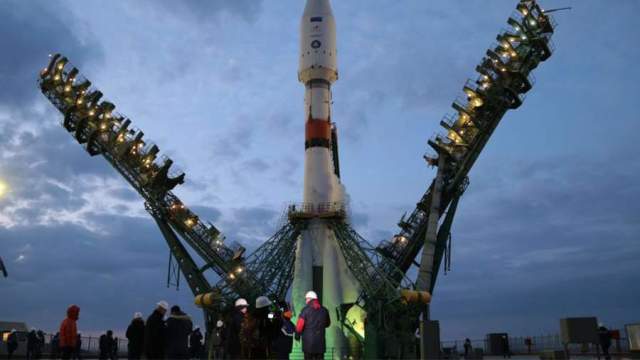The Progress M-UM cargo ship with the Berth node module for the International Space Station (ISS) was put into orbit. This was announced on Wednesday, November 24, according to Roscosmos.
The Berth will be the last module that Russia will introduce into its ISS segment. The flight of the module to the station will take two days.
In addition to the Berth, the cargo ship will deliver about 700 kg of various cargoes to the station, including resource equipment and consumables, water treatment facilities, medical control and sanitary and hygienic support, food rations for the crew, as well as maintenance and repair facilities.
The spacewalk, during which the astronauts will connect the Berth to the station, is scheduled for January 19, 2022. The first manned Soyuz spacecraft is due to dock with the new module on March 18.
On September 23, Roscosmos for the first time published the composition of the future Russian orbital station. The State Corporation has allocated funding for the development of requirements for it and its seven modules in the amount of 1.735 billion rubles.
In August, Roscosmos CEO Dmitry Rogozin said that the Russian national orbital station would become the prototype of modules that would go to other planets in decades. He expressed confidence that the creation of a new Russian orbital station will cost less than "tens of billions of rubles." It takes about four years to finalize the ready-made base module for the future station. After that, a new node module will be added-a berth and a module with gyroscopes. This will become the basis of the appearance of the station, Rogozin added.
In July, during a meeting of the Presidium of the Scientific and Technical Council, the Council of Chief Designers concluded that due to the aging of a significant part of the ISS equipment, further operation of the Russian segment of the ISS after 2024 creates additional risks.

